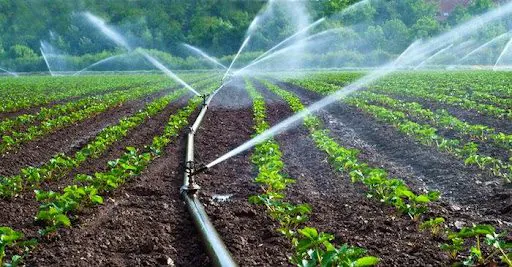

Senyo Kpelly, Executive Director of Eco-Restore Limited, has challenged Ghana’s government to implement regenerative agriculture as national policy, particularly in northern savannah zones.
Speaking at Transparency International Ghana’s Climate Governance Dialogue, Kpelly warned that current farming practices degrade soil, reduce climate resilience, and accelerate deforestation.
According to expert analysis, regenerative techniques rebuild soil organic matter capturing atmospheric carbon while improving fertility and water retention. Kpelly emphasized that enriched soils act as carbon sinks, contrasting sharply with conventional methods that deplete nutrients within years. Ghana’s northern regions face acute vulnerability, with rainfall now limited to five months annually due to ecosystem damage.
Kpelly cited bulldozer-led land clearing for commercial farming as catastrophic, stripping century-old topsoil and native trees like shea and baobab. His organization advocates compulsory regenerative agroforestry, which would integrate perennial trees to stabilize microclimates, boost rainfall patterns, and provide long-term income for women farmers through carbon credit programs.
The economic case includes reduced fertilizer costs, higher yields, and access to global carbon markets. Eco-Restore already connects smallholders to credit systems rewarding tree conservation. Kpelly urged policymakers to ban destructive land preparation and prioritize farming systems that “protect nature, feed people, and fight climate change simultaneously.”
With over 70% of Ghana’s land privately farmed, the shift could position the country as Africa’s regenerative agriculture leader under President Mahama’s administration.
